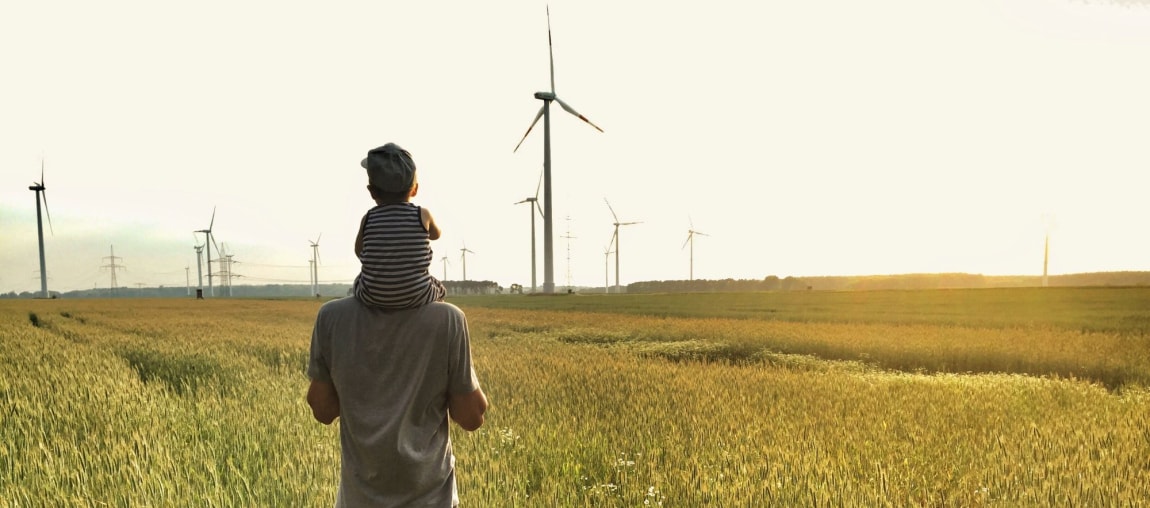How do Europeans perceive the environmental transition?
The survey was conducted in 10 countries (Belgium, France, Germany, Italy, Luxembourg, the Netherlands, Poland, Spain, Sweden, the United Kingdom) as well as in Turkey. The survey found that Europeans’ three main concerns are, in order of importance: purchasing power, the international situation, and the impacts of climate change. This last item came second in the 2023 edition.
Seven out of ten Europeans said they were anxious about climate change and its consequences on their lifestyles, jobs and inequalities. Stable compared to 2023.
When asked to choose between climate change and purchasing power, a relative majority of them (48%) chose environmental protection, even if that could have an impact on their level of comfort and quality of life. Results did diverge from one country to another. Italy, Spain and Sweden tended to opt for the environment; France and Poland were split down the middle; and Belgium, Germany, Luxembourg and the Netherlands tended to opt for purchasing power.
Moreover, one of this year’s key lessons is that Europeans are becoming less and less motivated to tackle climate change at the individual level. They have entered a wait-and-see phase, waiting for stronger signals from public authorities and businesses. Finally, they are increasingly aware of the fact that not everyone is equally responsible for climate change and fear that the environmental transition could generate numerous inequalities, particularly social inequalities.
Video analysis of Europeans' expectations of a just transition and what is at stake for them
Virginie Hilssone-Lévy, a specialist in meteorology, climate and the environment, provides some insight into the 2024 edition of the Just Transition Observatory.
Mobilising the whole economic and social ecosystem for a just transition
The survey found that Europeans believe that the key players in the energy transition are scientists, energy companies and the European Union. This is the first time that energy companies have been on the podium. The survey also highlighted the needs and expectations of SMEs from three sector that are key with regard to the just transition: agriculture, energy and real estate. These three sectors are particularly concerned by decarbonisation challenges, as they account for 60% of CO2 emissions in Europe, and by social challenges. The survey was conducted of 400 companies having no more than 250 employees in six countries: Belgium, France, Germany, Italy, Poland and Spain.
- Their three main concerns are: raw material and energy costs (48%), margins and profitability (33%), and energy and the environmental transition (23%).
- Most respondents stated that companies are being asked to make too great of an effort in the energy transition and that applying energy transition measures could undermine their profitability.
- In order to ensure a just transition, senior executives of SMEs are calling for financial support in the form of subsidies and tax breaks within a stable regulatory framework, teamwork at all levels (local, national and international), and expanded infrastructures for the energy transition that benefit both businesses and individuals (energy grids, water management systems, wind parks, etc.).
- Supporting and financing the just transition therefore





